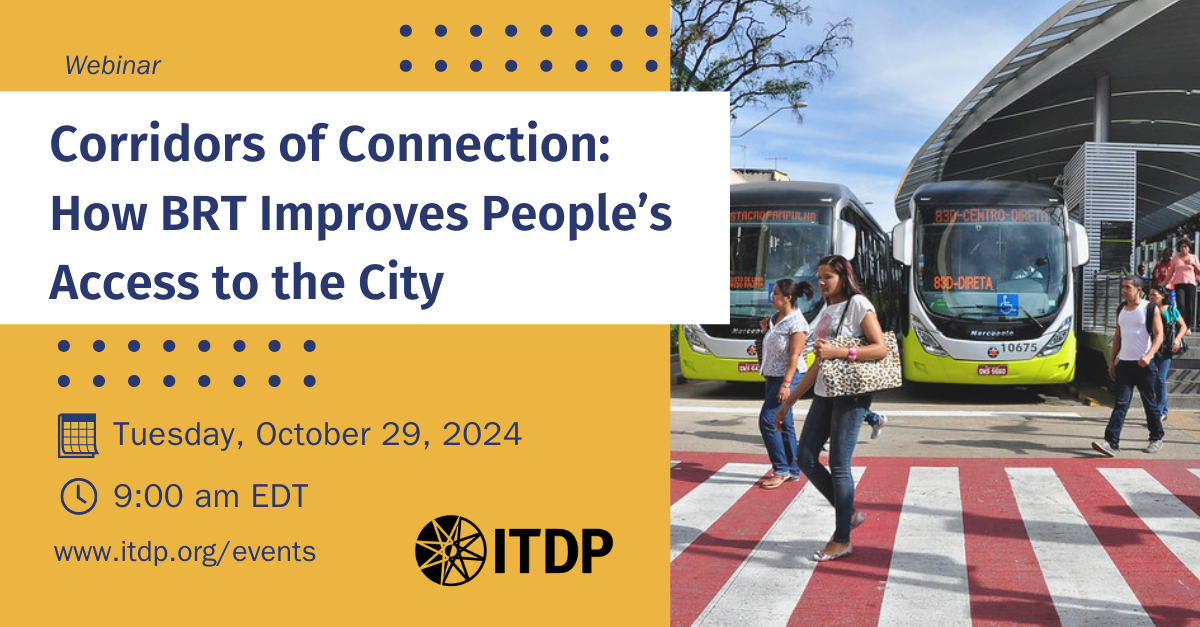The formulation of hybrid discrete choice (HDC) models including both observable alternative attributes and latent variables associated with attitudes and perceptions has become a renewed topic of discussion in recent years. Even though there have been developments related to HDC model estimation and theoretical parameter identification, many practical and empirical issues related with HDC modelling have not been treated yet. In particular, it is known that as the HDC model estimates are not unique, it is necessary to impose some constraints on the model estimation process. In this paper we analyse the impact of different normalization approaches on parameter recovery in a simulated environment, identifying their advantages and disadvantages; we also analyse the impact of data variability on parameter recovery. We found serious problems when arbitrary values are used for normalization and when data variability is low, especially regarding the generation of the latent variables. The discrete choice model component appears to be more robust to these issues. Regarding parameter normalization, we recommend to normalize the variances associated with the HDC model’s structural equations instead of the parameters of its measurement equations, as it is done more often in practice.




